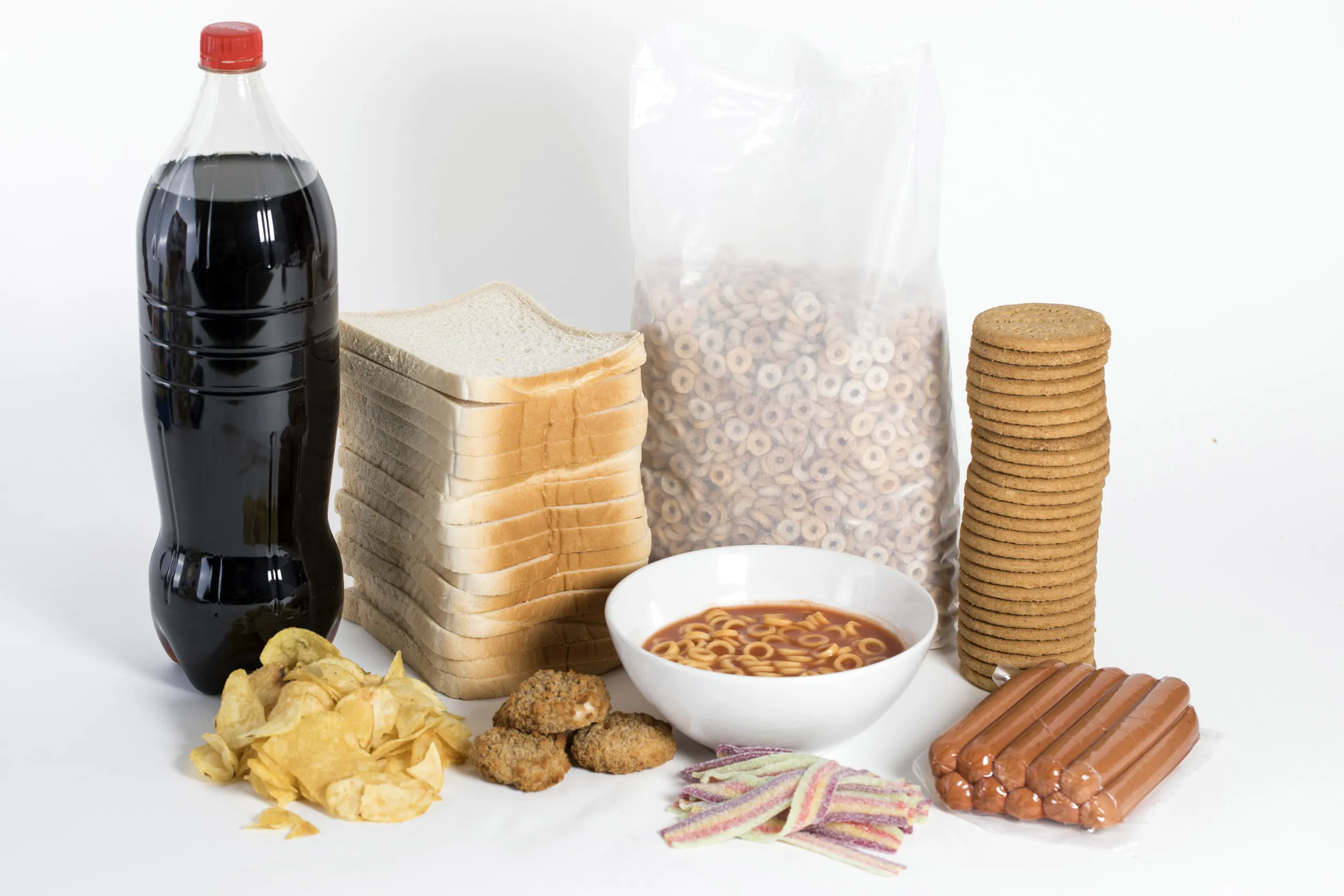Ultra-Processed Foods and Their Impact on Diabetes Risk

Understanding Ultra-Processed Foods and Diabetes
Ultra-processed foods (UPFs) have been increasingly scrutinized for their connection to various health problems, particularly type 2 diabetes. A recent study analyzing the diets of 311,892 Europeans has brought to light concerning findings: every 10 percent increase of UPFs in one’s diet correlates with a 17 percent increase in diabetes risk.
The Impact of Food Processing
Moreover, researchers found that when individuals replaced 10 percent of their ultra-processed foods with less processed alternatives, they could lower diabetes risk by up to 18 percent. This demonstrates the significant impact of food processing on health outcomes.
Nutrition and Awareness
Type 2 diabetes is a chronic condition affecting an estimated 11.6 percent of the U.S. population, as reported by the Centers for Disease Control and Prevention. This highlights the crucial link between diet, nutrition, and chronic disease maintenance. Understanding the role of junk food in one’s diet can empower individuals to make healthier choices.
Disclaimer: The information provided on this site is for informational purposes only and is not intended as medical advice. We are not responsible for any actions taken based on the content of this site. Always consult a qualified healthcare provider for medical advice, diagnosis, and treatment. We source our news from reputable sources and provide links to the original articles. We do not endorse or assume responsibility for the accuracy of the information contained in external sources.
This article was prepared using information from open sources in accordance with the principles of Ethical Policy. The editorial team is not responsible for absolute accuracy, as it relies on data from the sources referenced.